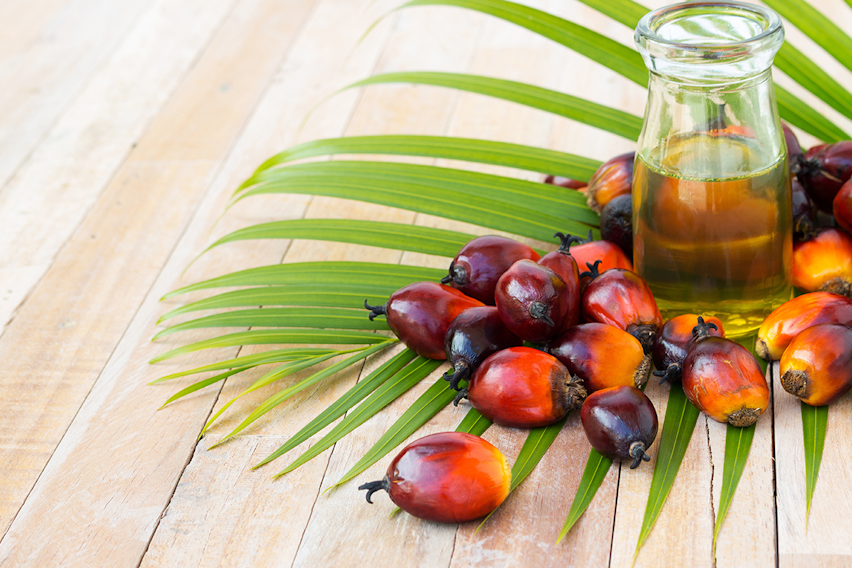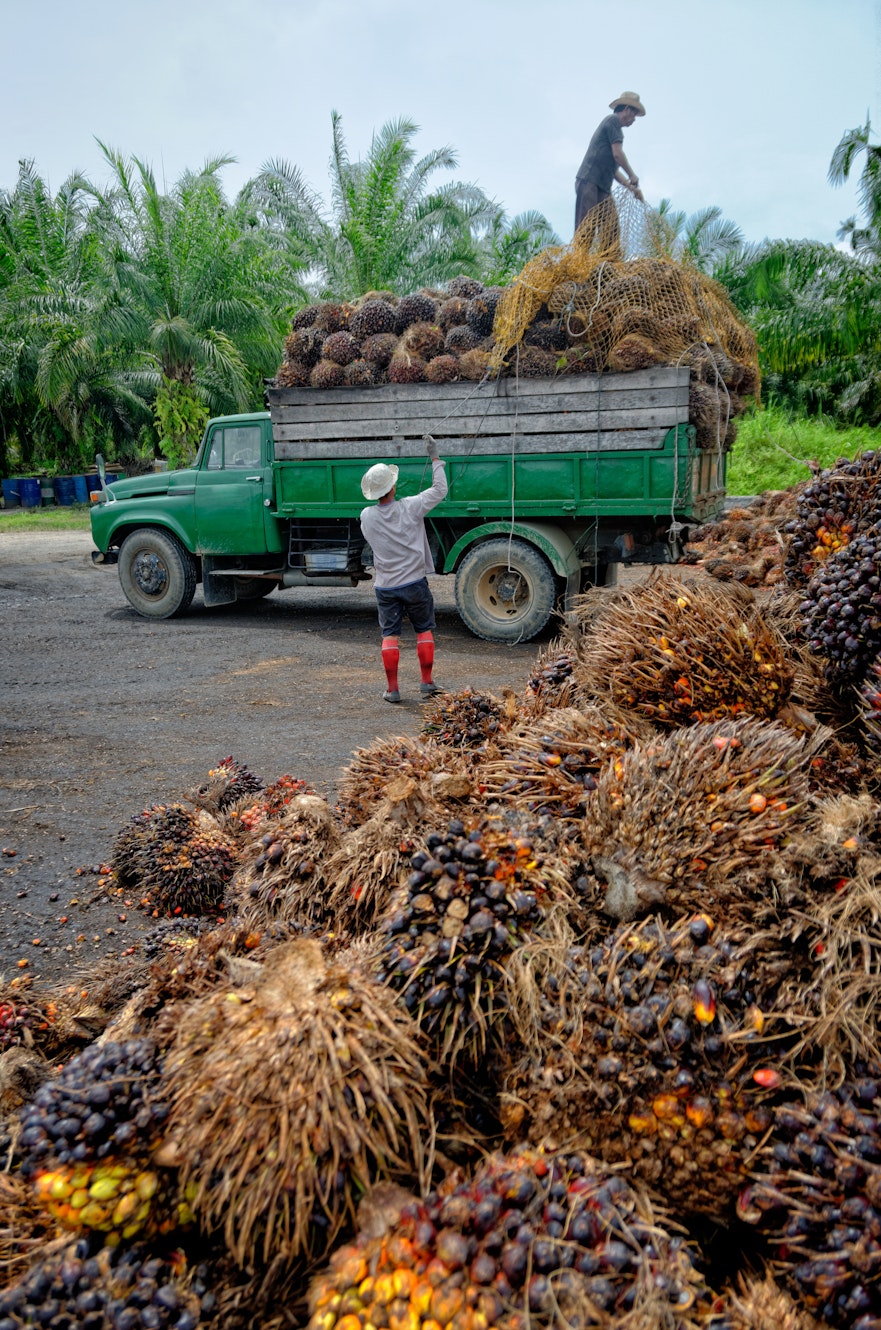Everything you need to know about Palm Oil

Palm oil is an extremely common ingredient in many food (and other category) products, but it’s also currently a controversial one.
There’s been much press around the production of palm oil, and of late you might have seen it mentioned even more due to its increased usage after global events caused an ingredients shortage.
So, what’s the deal with palm oil? We rounded up the answers to the important questions...
What is Palm Oil?
Palm Oil is a type of vegetable oil derived from the fruit of palm trees. There are 2 types of palm oil, with each using a different processing method. They are:
- Crude Palm Oil
Crude palm oil is the unrefined vegetable oil that comes from squeezing the flesh of the palm tree’s fruit.
- Palm Kernel Oil
Palm kernel oil is extracted from crushing the kernel/seed of the palm fruit, and is often used in the making of complex derivatives and oleochemicals.
You can see a Sourcing Guide for palm oil users here.
What food and drinks is palm oil used in?
Palm oil can be found in nearly 50% of the packaged products found in supermarkets.
This includes food products such as chocolate and peanut butter - and even pizza, and cosmetic products like shampoo and make-up.
It can also be found in cleaning products, animal feed and in some countries (not the UK) it’s even used as biofuel.
Why is palm oil used in so many different products?
Palm oil is widely used in many products because it is a versatile oil with many different properties and functions and has no colour or smell (meaning it is a subtle ingredient that won’t alter smell or taste).
It is semi-solid at room temperature, which makes it a suitable ingredient for things like margarine, and has a high smoke point so is good for frying. Palm oil can even help preserve a product’s shelf life, because it is oxidation-resistant.
In addition to its versatility, palm oil is used by so many because of its abundance - it can be grown all year round and needs less land space to grow than other vegetable oil sources, making it an appealing crop for farmers.
Why is there controversy surrounding palm oil?
You might have noticed there has been a lot written about the controversy surrounding the use of palm oil as an ingredient. This is because the palm oil industry has contributed to the deforestation of biodiverse forests, and as such the loss of natural habitat for a number of endangered species. This deforestation also has a negative impact on greenhouse gas emissions.
Whilst the obvious solution is to decrease the global use of palm oil, that means Manufacturers using an alternative - which also comes with its issues. Other vegetable oils need 4-10 times the land palm oil does to produce the exact same amount. So to replace the palm oil being used globally, 4-10 times the amount of land would be needed - which may result in even more deforestation.

What is the solution to the palm oil problem?
As mentioned above, simply swapping out palm oil for an alternative ingredient such as vegetable oil is not necessarily the best option - and because of current world events the likes of sunflower oil can be difficult or impossible to obtain anyway (some Suppliers have been forced to revert to using palm oil in products they had earlier stopped using it for).
One positive step is the emergence of certification bodies like the RSPO (Roundtable on Sustainable Palm Oil) who focus on exploring and ensuring the production of sustainable palm oil, and supporting a palm oil industry without the potential negative implications.
For more information on Palm Oil sustainability please see the following useful resources:
- https://www.gov.uk/government/publications/uk-consumption-of-sustainable-palm-oil-annual-review#full-publication-update-history
- https://www.rspo.org/
- https://www.conservation.org/docs/default-source/publication-pdfs/ci-wwf_palmoilsourcingguide_may2015_updated.pdf?Status=Master&sfvrsn=156afc9b_7
- https://palmoilscorecard.panda.org/#/context
You may also be interested in…


You may also be interested in…




